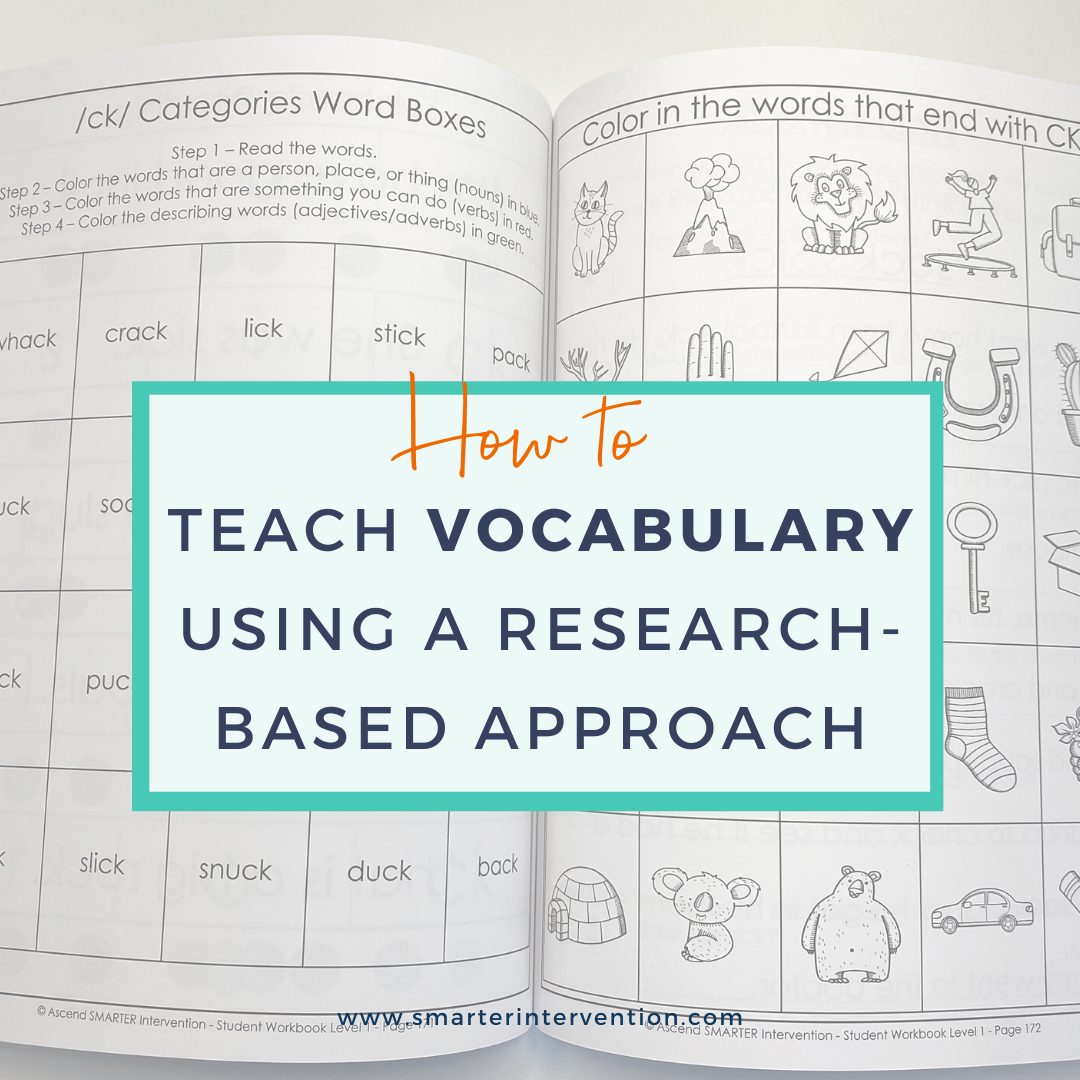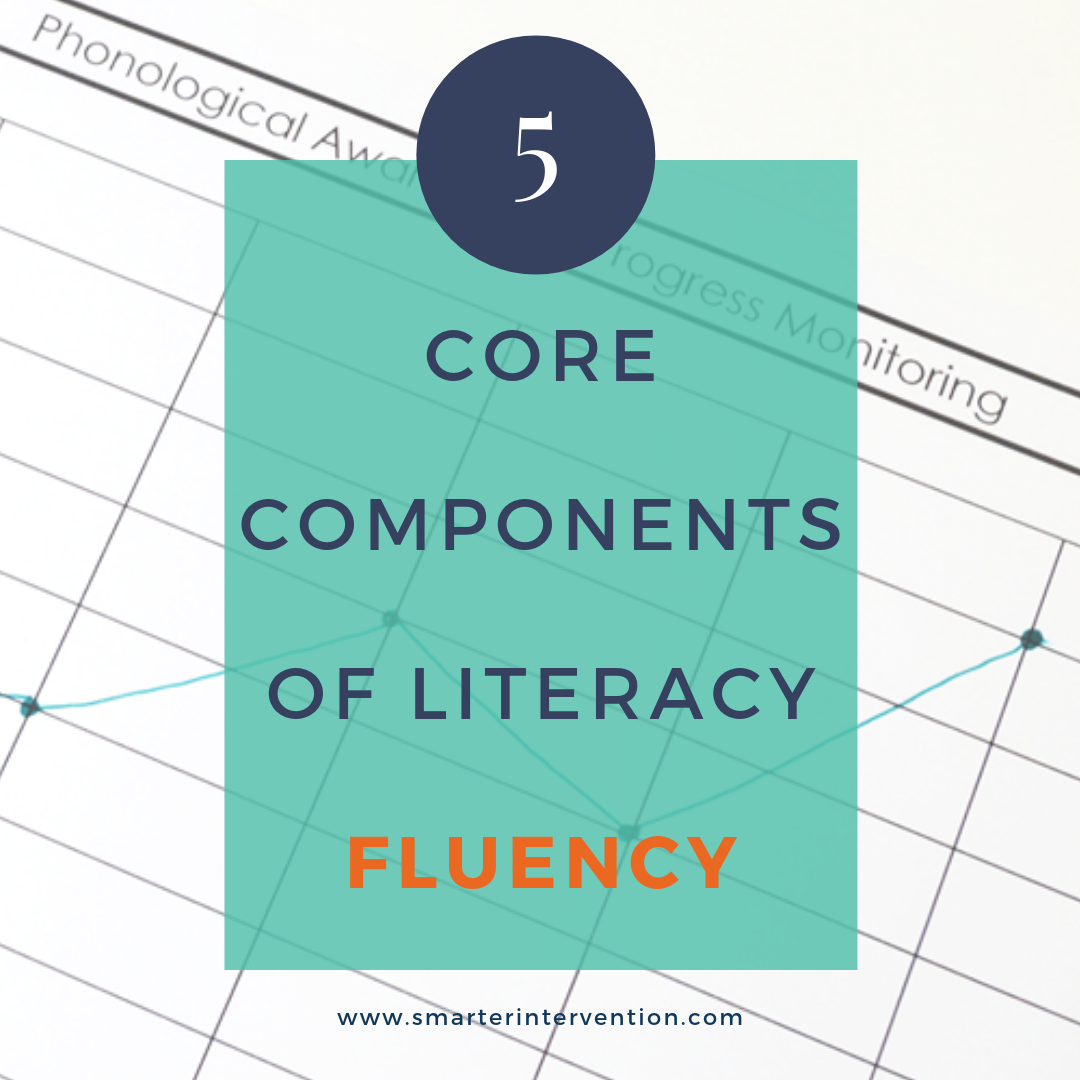Science-based literacy resources and articles
for families, educators and schools
Search by Category:
Categories
- Advocacy
- Authentic Literature
- Business
- Comprehension
- Data Tracking
- Differentiation
- Dyslexia
- Evaluation and Assessment
- Executive Functioning
- Games & Activities
- Helping My Child At Home
- How To
- IEP/504 Plan
- Lesson Planning
- Math
- Online Intervention
- Organization
- Parents
- Phonics
- Phonological Awareness
- Reading Comprehension
- Reading Fluency
- Research
- SLP
- Spelling
- Vocabulary
- Writing
How to Organize Your Literacy Worksheets
Is there anything worse than combing through piles of worksheets to find the ONE you’re looking for?
As a part of our organizational series, this week we are sharing our process for keeping all of our worksheets & full-page activities organized! Keep reading to learn our top 3 tips for keeping worksheets organized!
What is a Sound Drill?
I'm sure we've all been there… in the middle of a lesson and our student says, "but I already know this!"
Can you relate?
As we work through the sound drill, it is important that we understand why this task is important and be able to explain to our students why it is a necessary part of our lesson. Keep reading to learn more!
How to Teach Vocabulary using a Research-Based Approach
When I started out in reading intervention - the thought of teaching vocabulary terrified me. Maybe it was because I wasn’t sure how much my students were actually struggling with it, I wasn’t sure how to assess it, I wasn’t sure how much of it fell on me to teach, maybe it was because I thought it was just morphology, or - maybe it was because I still remember how much I hated memorizing hundreds of definitions & word origins from when I was in school.
Whatever it was - I dreaded vocabulary because it felt overwhelming and the way I was taught when I was a student (find the part of speech, word origin, and definition) never seemed to be helpful - just tedious.
That is until I learned what vocabulary instruction should actually look like and why it is so important. Today - we are going to break that down.
Holiday Phonological Awareness Fun
So we are bringing back the holiday phonological awareness cards because we LOVE the holidays. Hopefully, you can incorporate some holiday fun into your week leading up to the Winter Break.
This fun activity is meant to support syllable segmenting, phoneme segmenting, spelling, and written work.
5 Core Components of Reading - Fluency
Reading fluency is really important however, we need to be careful not to over-emphasize its importance as one of the core components of literacy. I say this because Reading Fluency is one of the most common goals you will see created for struggling students.
Why You Should Use Games in Your Reading Instruction
We’ve learned that by turning simple reading tasks into games it will provide students with the repetition they need to see success. We try to turn EVERYTHING into games and you’d be surprised because even those of you with older students will see that they enjoy this “gamification” of instruction as well.
How to Teach the oi/oy Spelling Rule
We use both “oi” and “oy” to make the /oi/ sound (think of the words “boy” and “foil”). When that sound comes in the middle of a word, we use “oi.” If it comes at the end of the word, we will use “oy.” Keep reading to learn more about how we teach our students all about this vowel team!
How Do I Pick Relevant Activities for My Reading Intervention Students?
So this can be one of the most challenging things we face as reading interventionists - what activities do I pull to target specific weaknesses for my struggling readers? And how can I do that without spending a TON of extra time that I don’t really have?
We all want the very best for our students, it’s our mission and our goal to be providing the best possible instruction to help completely eliminate reading and spelling gaps.
Open Syllables - The Reading and Spelling Rules That Nobody Taught You
Welcome to week 4 in our series of The Reading & Spelling Rules That Nobody Taught You. In this post, we are going to talk about the fourth syllable type we teach to our students, Open Syllables.
The Open Syllable is the opposite of a Closed Syllable. In an open syllable, you have a vowel left alone at the end of the syllable. Our students like to remember that when nothing is behind the vowel, it can go for a looooong run and say its loooooong sound.
R-Controlled Syllables - The Reading and Spelling Rules That Nobody Taught You
So we’ve been talking all about the reading and spelling rules that were brand new to us when we began to learn about Structured Literacy and the “science” behind the English language. Today, we are going to talk a little about the “Bossy-R” or the R-controlled syllable type. This one is a challenge!!!
Halloween Literacy Activities
So here at Ascend, we LOVE all things fall. As you can probably guess we were so excited to be able to throw some Halloween activities into our mix. Most of the students we work with really struggle with phonological awareness and while we have phonological awareness built into our lessons we know that some of our students need extra practice with it. So we have some fun phonological awareness practice activities for you.
Reading Intervention as Easy as Tic Tac Toe
The wonderful thing about this very simple game is that you can use it in so many different ways depending on the skill you are trying to target. It's also truly NO PREP. If you don't have this grid it's so easy to just write out the tic-tac-toe lines on a whiteboard or piece of paper and students love this game.
4 Steps to Evidence-Based Decoding Instruction
There is a lot to providing high quality reading instruction. One of the most important pieces we always want to focus on is providing explicit decoding strategies. Research indicates that explicit instruction is one of the best ways to support our students’ reading ability!














